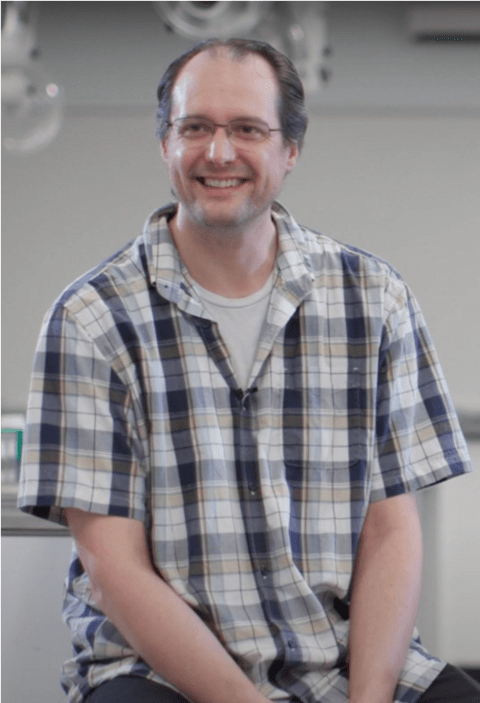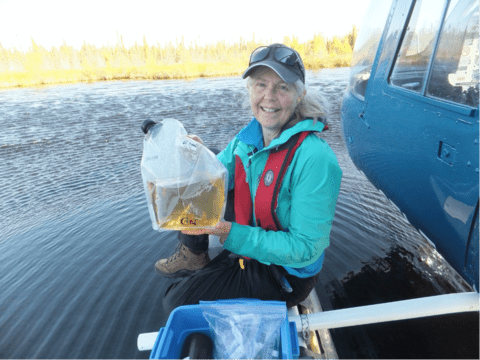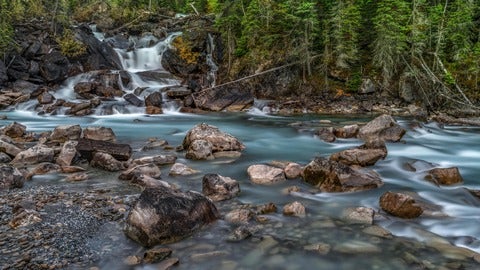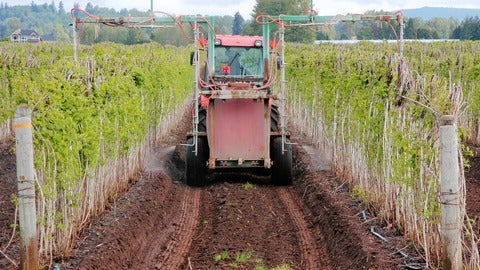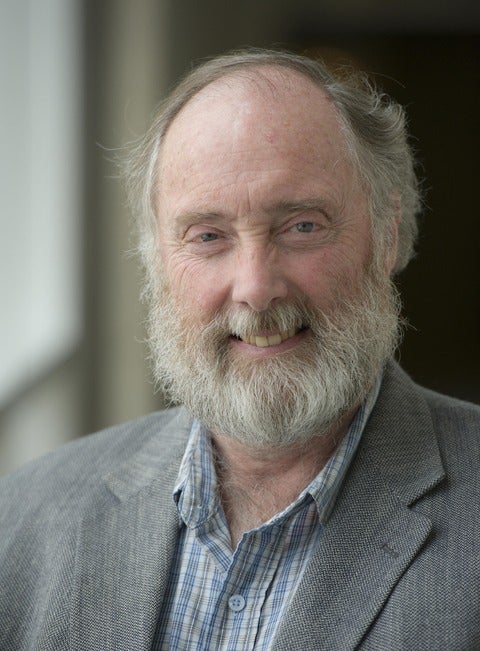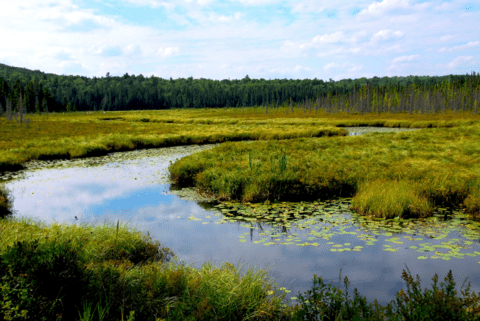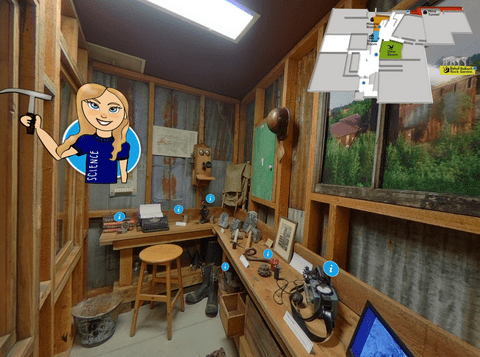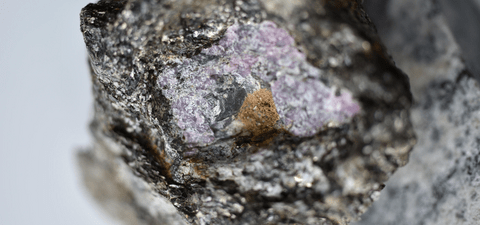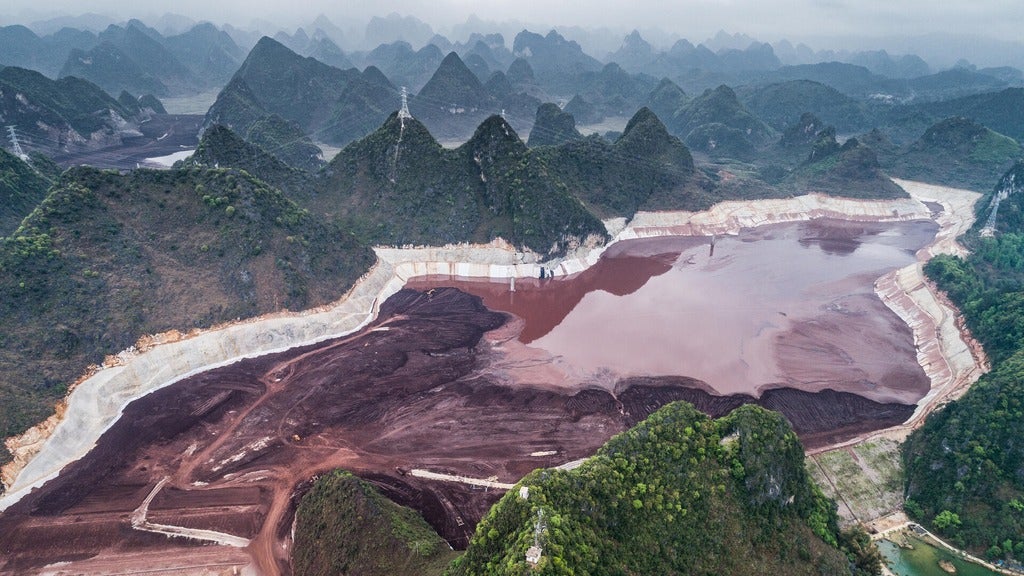Philippe Van Cappellen wins prestigious Canadian Geophysical Union Medal
Professor Philippe Van Cappellen from the Department of Earth and Environmental Sciences, and a Canada Excellence Research Chair Laureate in Ecohydrology, has been awarded the J. Tuzo Wilson Medal, the Canadian Geophysical Union's (CGU) greatest honour.
